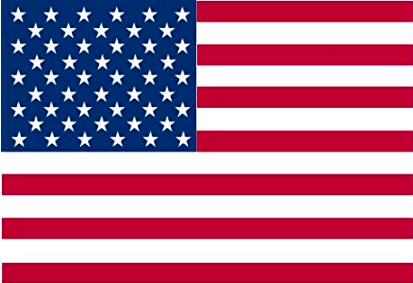“Chinese Virus” Destroys Trump’s Success, Weekly Unemployment Claims Rise to 4.4 Million
As the ongoing coronavirus pandemic continues to bring massive economic implications, weekly first-time filings for job unemployment claims rose to 4.4 million and eventually destroyed the progress the administration had made since the 2008 recession.
In September of 2019, the employment sector had been going strong, thanks to Trump’s “America First” program, and the rise of small businesses. In fact, the country was able to pull down unemployment to a 50-year low, as American payrolls rose to 136,000.
Seven months after, the stock market tanked, and the Labor Department reported that 4.4 million Americans lined up to have their filing of first-time unemployment claims.
The dire numbers came as no surprise for economists, citing that they expected a huge rise in the numbers after it hit historic highs with 5.2 million claims last week. The severe drop came as an indication of the economic implications brought by the nation’s shutdown.
Moreover, continuing claims rose to 15.98 million, although the numbers might not be timely as it indicates a one week lag. The number of Americans who have lost their jobs topped five weeks ago after Trump was forced to announce an economic shutdown due to coronavirus outbreak. During that first week, the unemployment rose to 26.4 million, enough to totally wipe down all the progress the administration had made since the 2008 financial crisis.
Officials claim that the real numbers might be higher, as some states encountered problems with their applications, including massive website traffic, and phone lines failure. Indeed the virus had threatened the country’s economic and employment stability. In a Gallup survey which was released on Wednesday, results show that a quarter of Americans feared losing their job in the next 12 months, the highest number since 1975.
To counteract the unemployment, the Senate passed the CARES Act, to help support unemployment claims, and even increase paid unemployment for workers. Moreover, those who are listed as self-employed and even independent contractors can now file for benefits.
On the other hand, employers were forced to make cuts in their payrolls just to allow their small businesses to stay afloat. Businesses that have been struck by coronavirus pandemic were gyms, restaurants, movie theaters, or those who rely mostly on social interaction.
Despite Pelosi and the rest of the Democratic party’s attempt to block the replenishment for the Paycheck Protective Program, the Senate was able to pass a bipartisan $484 billion relief package.
Senate Majority Leader, Mitch McConnel boasted that the GOP was able to provide $320 billion for the Program, which was meant to help small business employees to receive paychecks, instead of “pink slips.” However, McConnel continued to slam Pelosi for using it as a “leverage,” while other business owners struggled. “I am just sorry that it took my colleagues in Democratic leadership 12 days to accept the inevitable, and that they shut down emergency support for Main Street in a search for partisan ‘leverage’ that never materialized,” McConnel said.



 RSS
RSS
